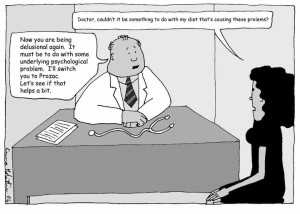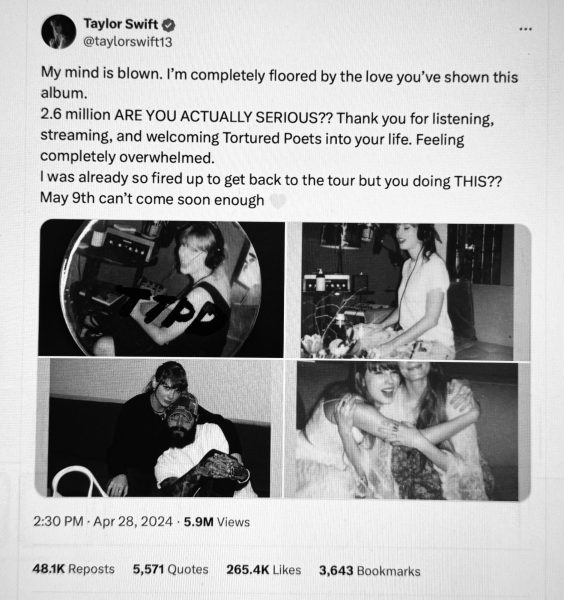In-class time proves valuable
It seems like every Essential Studies class I have taken hits a point in the semester where students either choose to just not come to class anymore or drop the class for good.
To my estimation, it seems to occur the week after the first major exam or paper is due. Sometimes, it’s because the student is not understanding the professor, or the test was way above their level of comprehension.
As far as the university is concerned, they’re getting their money whether we show up to class or not. But in many ways, it is in their best interest for us to be in class and be engaged.
The people who quit coming to class or drop a class because they don’t care or don’t like the professor’s methods, make it better for people who actually want to be in these classes.
I had a class last semester that, according to Campus Connection, had a capacity of 100 and was filled on the first day of class.
As the days and weeks went by, fewer and fewer students came to the class, until finally the number of regular attendees was about 35.
As the class grew smaller, it felt as if the professor’s lectures got better and more engaging.
Remarkably, on the days that we had tests, the class would grow to about 60 again.
To me, this was a clear sign that some people just chose not to come to class, either because they thought there was a better use of their time or there was no reason for them to come.
The most mystifying part of the situation has to do with the students who don’t show up for months and then realize they should arrive and take the final.
Why do they even bother to show up? What makes them think that the final is going to get their grade to passing?
That same class that had an average of 35 students per class and around 60 on exam days, had about 75 show up on final day. I want to know what the other 15 students were doing or thinking.
An important point that this group of students forgot was that a quarter of their grade was accumulated by in-class assignments and quizzes. I suppose people figured the credit was enough even if it meant passing with a D.
I, however, do not think that a D is sufficient in any class, whether it be English 110 or an upper level course.
All I want to say is that if they don’t want to be in class, and they don’t see any reason to be there, they really shouldn’t come.
It will allow for professor-student interaction to be much more meaningful.
Often times, these people who obviously do not want to be in class are distractions for both the professor and their classmates.
Smaller class sizes allow the professor to be more personable and interactionary and make the students who want to learn much more capable. This may be a bit harsh, but in reality, if you are not here at school to learn and take class seriously, you shouldn’t be here.
Micah Dewey is a staff writer for The Dakota Student. He can be reached at [email protected].







